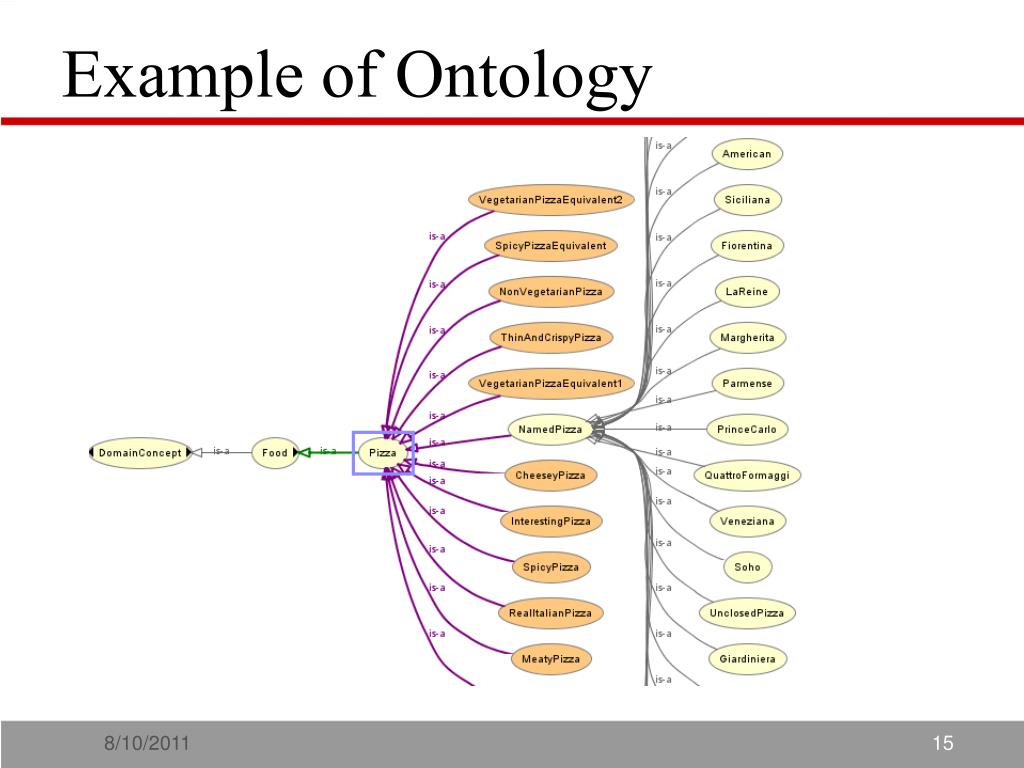If you like reading about philosophy, here’s a free, weekly newsletter with articles just like this one: Send it to me!
First person and third person
The Stoic philosopher Epictetus (~50-135 AD) writes in his famous Handbook:
- When you see anyone weeping in grief because his son has gone abroad, or is dead, or because he has suffered in his affairs, be careful that the appearance may not misdirect you. Instead, distinguish within your own mind, and be prepared to say, “It’s not the accident that distresses this person, because it doesn’t distress another person; it is the judgment which he makes about it.” As far as words go, however, don’t reduce yourself to his level, and certainly do not moan with him. Do not moan inwardly either.
We talked previously about how Stoics distinguish between what one can control and what is out of one’s control. An important point is to realise, the Stoics think, that the only thing we can effectively control is our own mind and how it perceives the world. The world itself, on the other hand, is entirely out of our control.
This is what Epictetus means when he says: “It’s not the accident that distresses this person … It is the judgment which he makes about it.”
But how do we know that this is true? How do we know that Epictetus is right? It’s here that the little sentence which I just left out comes into play: “…because it doesn’t distress another person.”

So the idea is that we have an accident. Let’s say, my favourite cup breaks. Naturally, we would say, I’m upset about this. But Epictetus disagrees. Look, he says. Let’s take the exact same situation of the cup breaking, but instead of you we put a random other person in your shoes; let’s say, the guy who stood beside you in the supermarket check-out line this afternoon. Are you now upset that his cup was broken? – No, you say, not at all.

What Does ‘Stoic’ Mean?
A ‘Stoic’ attitude to life aims to achieve lasting happiness by staying calm, rational and emotionally detached, while cultivating one’s virtues.
But then, Epictetus would conclude, the upsetting element cannot be the breaking of the cup, because we assumed that this happened in the same way in both cases. Nothing about the cup itself was different, and yet your reaction is different. So the only thing that is different is our judgement that we make about the broken cup. In the case that it’s my …
Read the full article which is published on Daily Philosophy (external link)







